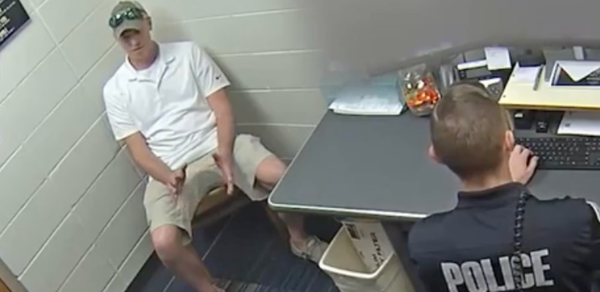
This article by Freddie Earlam was originally published on Microdose and appears here with permission.
If the industry-defining research already conducted at UK centers such as Imperial College, King’s college or even Exeter University’s recent Ketamine Research isn’t enough to convince you, then two more crucial factors surely will.
- Firstly, a new ‘accelerated pathway’ has been unveiled by the UK’s health regulators, The Medicines and Healthcare products Regulatory Authority (MHRA). Akin to the FDA’s breakthrough designation, the UK has developed the Innovative Licensing and Access Pathway (ILAP), which came into play following the UK’s exit from the European Union in January 2021.
- Secondly, a new set of clinical trial guidelines has been set out by the MHRA concerning the use of Real World Data. In the UK’s quest to become a global leader for medical innovation, it is taking a new approach to health care. This approach, championed by the MHRA, allowed the rapid approval of Covid-19 vaccines, which was applauded by the British scientific community and later validated by other regulators on the international stage: the European Medicines Agency (EMA) & Food and Drug Administration (FDA) also authorized the vaccines.
A mental health crisis that has plagued the globe for decades is now reported to affect a billion people worldwide: a crisis, we hope, that could be reaching a crescendo. These troubling figures provide the perfect stage for the UK to take forward the learnings of the Covid-19 vaccines and accelerate access to these life-changing therapies.
The solution, of course, requires innovation and an innovative licensing pathway, something now offered in the UK. It’s no wonder then that companies such as Albert Labs, Awakn, Small Pharma, Beckley Psytech & Eleusis are flocking to the UK in a bid to authorize safe and effective medicines to treat mental health conditions. Unlike current treatments, namely SSRIs, psychedelic medicines, when used alongside psychotherapy, can actively address trauma rather than mask and suppress symptoms.
At the start of 2021, The MHRA created the Innovative Licensing and Access Pathway (ILAP) passport to speed up the time-to-market for medicines deemed worthy of treating patients with urgent and unmet needs. The MHRA describes the ILAP passport as a means of supporting innovative approaches to the safe, timely and efficient development of medicines to improve patient access. Through the ILAP passport, companies have the opportunity for enhanced regulatory and other stakeholder input as they progress through their drug development programs. To obtain an ILAP passport, the medicine must meet one of two criteria: for treating conditions that are life-threatening or seriously debilitating, or the medicine targets a significant patient or public health need.
In September of last year, we saw Small Pharma granted an ILAP fast-track designation and in January of this year, The Multidisciplinary Association for Psychedelic Studies (MAPS) secured their ILAP Passport too. Most interestingly, MAPS’ MDMA-assisted psychotherapy is the one to watch as it passes through the ILAP. The treatment is aimed at patients suffering from PTSD, and the company has already seen positive outcomes from a Phase III Trial. The question is now, how quickly can MAPS commercialize their MDMA treatments in the UK under the ILAP scheme? It is expected that other psychedelic drug development companies will follow suit and pursue one of these ground-breaking passports.
Randomised Controlled Trials (RCTs) have been the staple for introducing new medicines since 2005, but the exponential rise of Real World Evidence Trials may change how we view health care altogether.
One company taking advantage of Real World Evidence is Albert Labs, which is developing its psilocybin based medicine, KRN-101, to treat patients with urgent and unmet mental health needs. The company recognises that the speed-to-market and efficacy enabled by RWE trials, as well as the human-to-human contact element, is why they are so suited to psychedelic medicine.
Dr Malcolm Barrett-Johnson, Albert Labs’ Chief Medical Officer and former Licensing Assessor for the MHRA said, “We embrace this regulatory guidance, particularly in the investigation of psilocybin-assisted psychotherapy. Albert Labs consider that carefully designed pragmatic trials that implement a progressive use of Real World Evidence will greatly advance the understanding of the safety, effectiveness, impact, and optimal clinical use of this new therapy.” Albert Labs expects to treat patients in the first half of 2022 and recently began trading on the CSE.
With innovative companies and industry-leading research, as well as an increasingly favourable regulatory environment — Cybin has recently announced its intentions to host the upcoming clinical trial for its lead compound in the UK — it seems the United Kingdom is indeed positioning itself as a leading center for the psychedelic medicine space.








